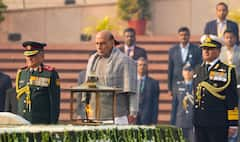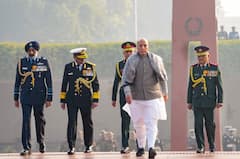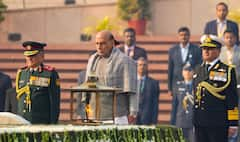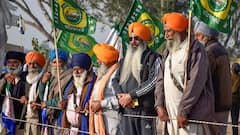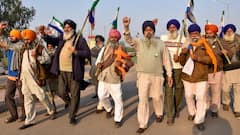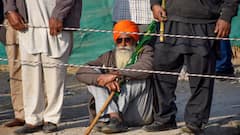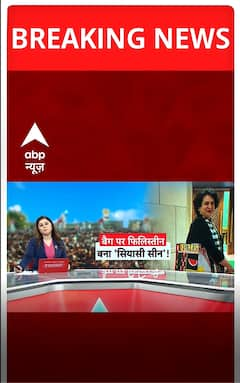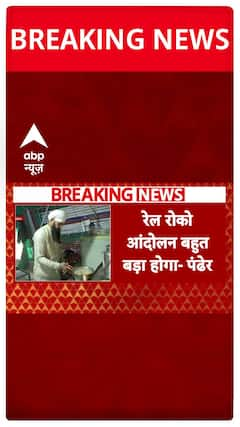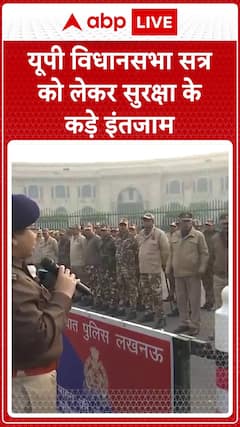Supreme Court To Hear Maharashtra's Plea Against GN Saibaba's Acquittal Tomorrow
GN Saibaba who is wheelchair-bound and 99 percent disabled was released from jail on Thursday after 10 years.

The Supreme Court will hear on Monday the Maharashtra government's petition challenging the Bombay High Court Judgment acquitting the former Delhi University professor GN Saibaba and five other accused in an alleged Maoist links case. The 54-year-old former professor who is wheelchair-bound and 99 percent disabled was released from jail on Thursday after 10 years.
A bench led by Justice BR Gavai will hear the appeal by the State of Maharashtra against the acquittal on March 11.
On Tuesday, the Nagpur bench of the Bombay High Court acquitted GN Saibaba, Hem Mishra, Mahesh Tirkey, Vijay Tirkey, Narayan Sanglikar, Prashant Rahi and Pandu Narote (deceased). They were arrested in 2014 on charges of having links with Maoist organisations and waging war against India. They were accused of working for the banned CPI (Maoist) group through front organisations like RDF.
A bench of Justices Vinay Joshi and Valmiki SA Menezes set aside the 2017 verdict by a Gadchiroli court which had convicted the former DU professor and others for indulging in activities amounting to waging war against India.
GN Saibaba was released from the Nagpur Central Jail on Thursday after the high court ruled that the evidence provided against him lacks technical regularity. Following the high court order, the Maharashtra government moved the apex court on Tuesday challenging the acquittal.
Evidence including seized pamphlets and electronic material deemed as anti-national was allegedly seized. Saibaba allegedly handed over a 16GB memory card for Naxalites sheltering in the Abuzmad forest area.
This will be the second time the top court will consider the case. In 2022, the Bombay High Court had set aside the conviction by trial court on procedural grounds citing absence of a valid sanction under section 45(1) of the UAPA. Following which the Maharashtra government moved the Supreme Court against the order.
The Supreme Court had then conducted a special Saturday sitting and stayed the High Court order the very next day. Later, the top court overturned the Bombay High Court decision of granting acquittal and asked the high court to re-evaluate the case again.
Trending News
Top Headlines













